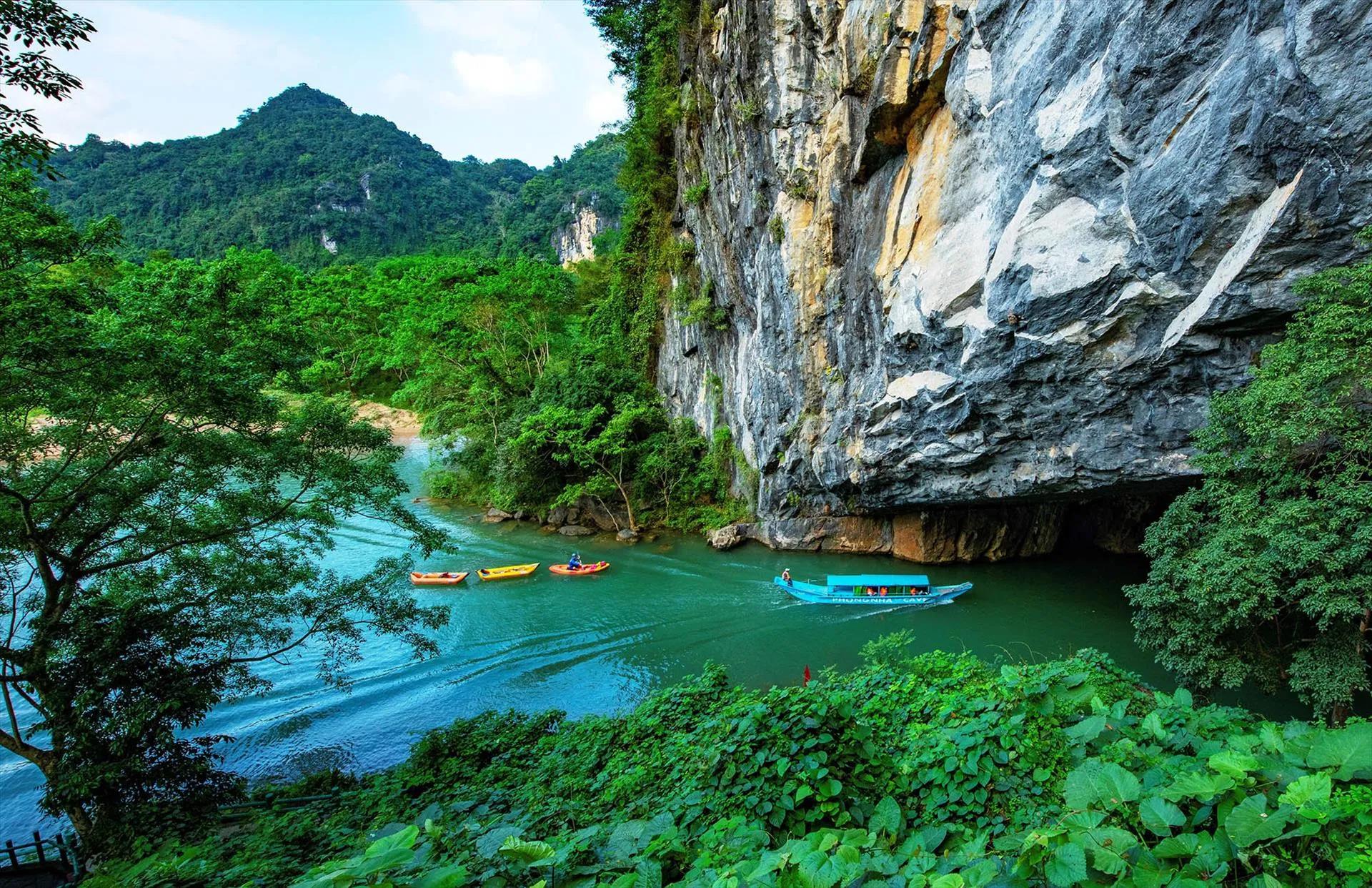Environmentally friendly travel
Geotourism
Vietnam is a country rich in geological diversity, offering a plethora of opportunities for geotourism enthusiasts to explore its stunning landscapes and unique geological formations. From majestic mountains to intricate cave systems, Vietnam's geotourism destinations provide a captivating glimpse into the natural history and cultural heritage of the region.
One of the most renowned geotourism sites in Vietnam is Ha Long Bay, a UNESCO World Heritage Site famous for its emerald waters and thousands of towering limestone islands topped with lush rainforests. The bay's unique karst landscape has been shaped over millions of years, offering breathtaking views and opportunities for exploration through boat tours and kayaking. Phong Nha-Ke Bang National Park, another UNESCO World Heritage Site, is home to some of the world's most spectacular caves, including the famous Son Doong Cave, the largest cave in the world. The park's karst mountains and extensive cave systems provide an incredible backdrop for caving expeditions and geological exploration.
The Dong Van Karst Plateau Geopark in northern Vietnam is a UNESCO Global Geopark, known for its dramatic landscapes and rich cultural heritage. Visitors can explore ancient limestone formations, terraced rice fields, and traditional Hmong villages, gaining insights into the geological and cultural history of the area. In the central highlands, the basaltic formations of the Central Highlands Geopark offer a unique landscape shaped by volcanic activity. This region is also known for its coffee plantations and vibrant ethnic cultures, providing a diverse geotourism experience that combines natural beauty with cultural exploration.
Geotourism in Vietnam not only showcases the country's geological wonders but also emphasizes the importance of preserving these natural and cultural treasures. Through guided tours and educational programs, visitors can gain a deeper understanding of Vietnam's geological heritage while supporting sustainable tourism practices


